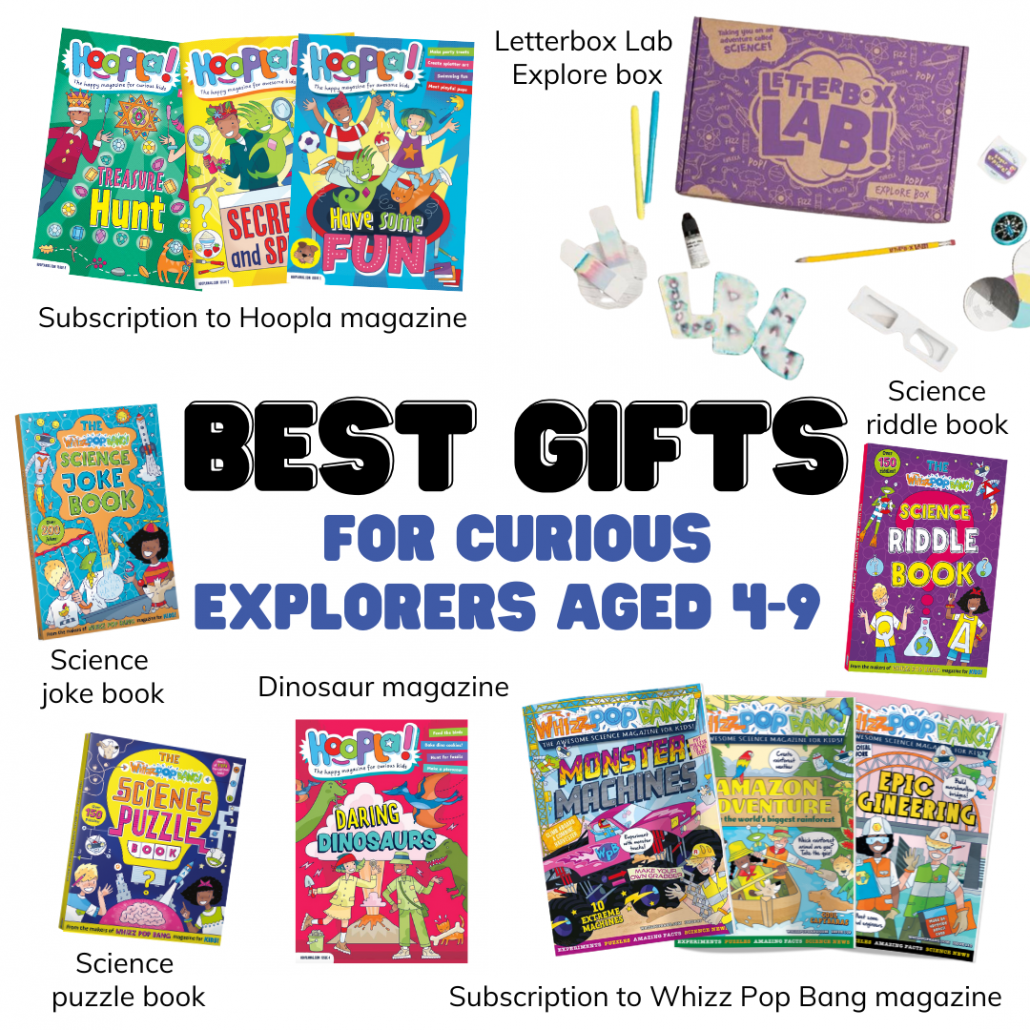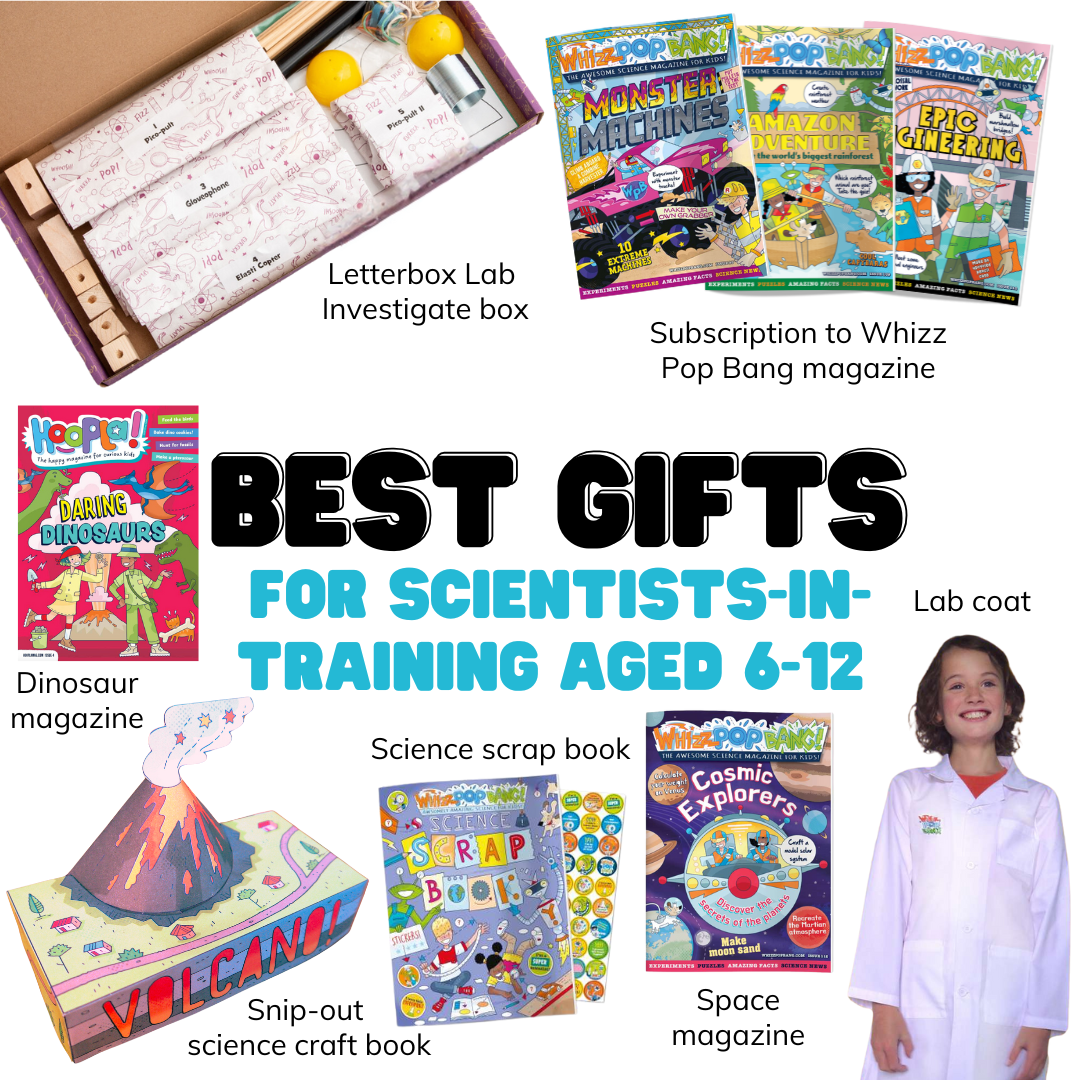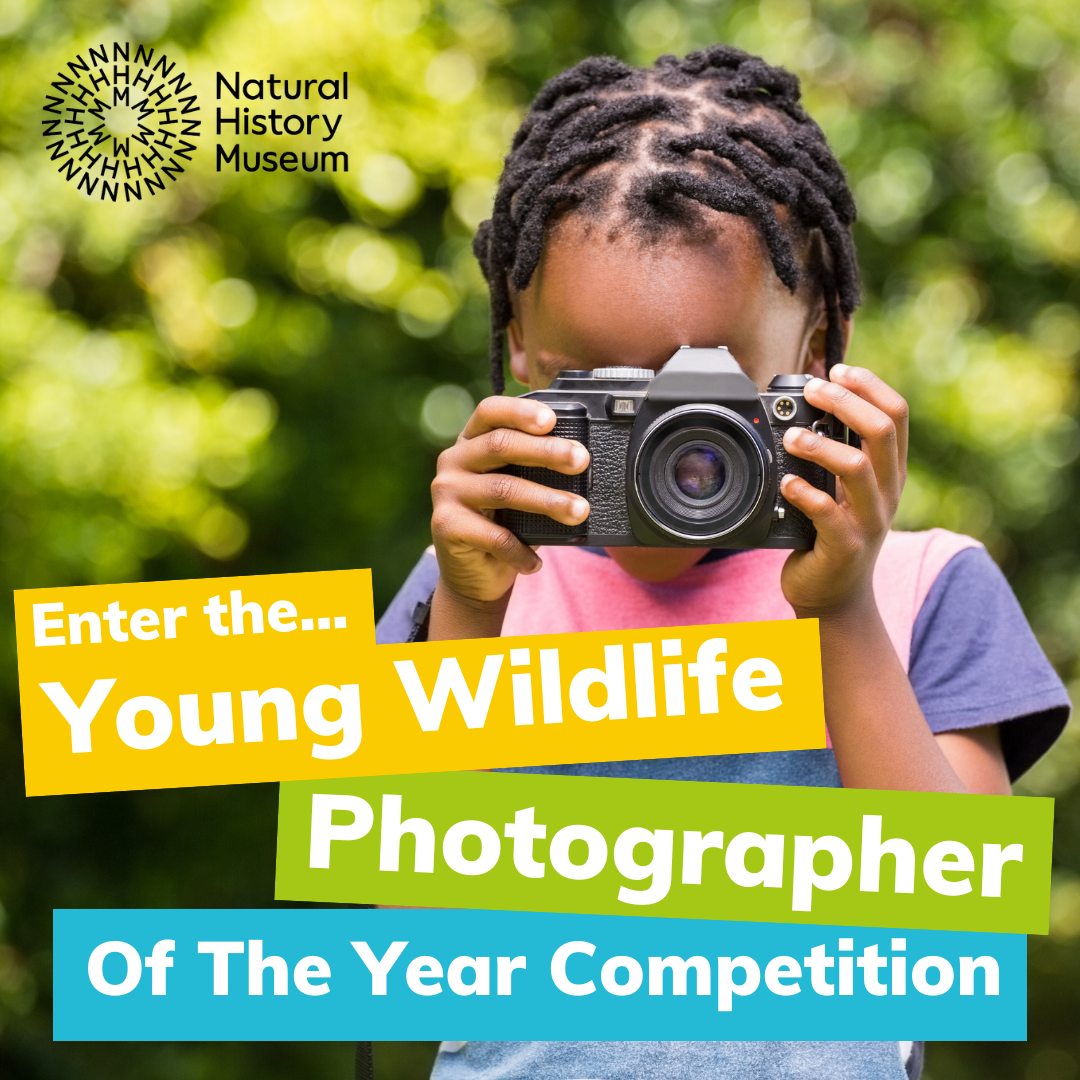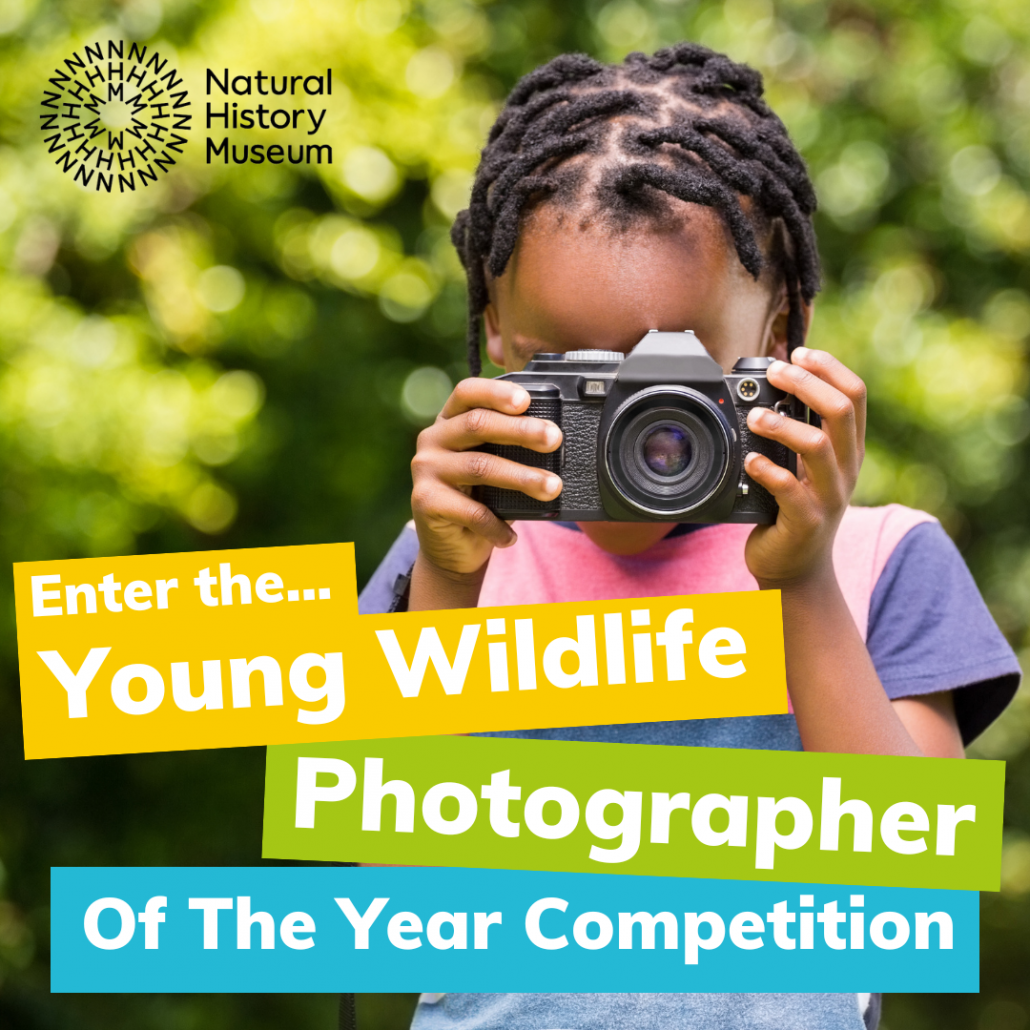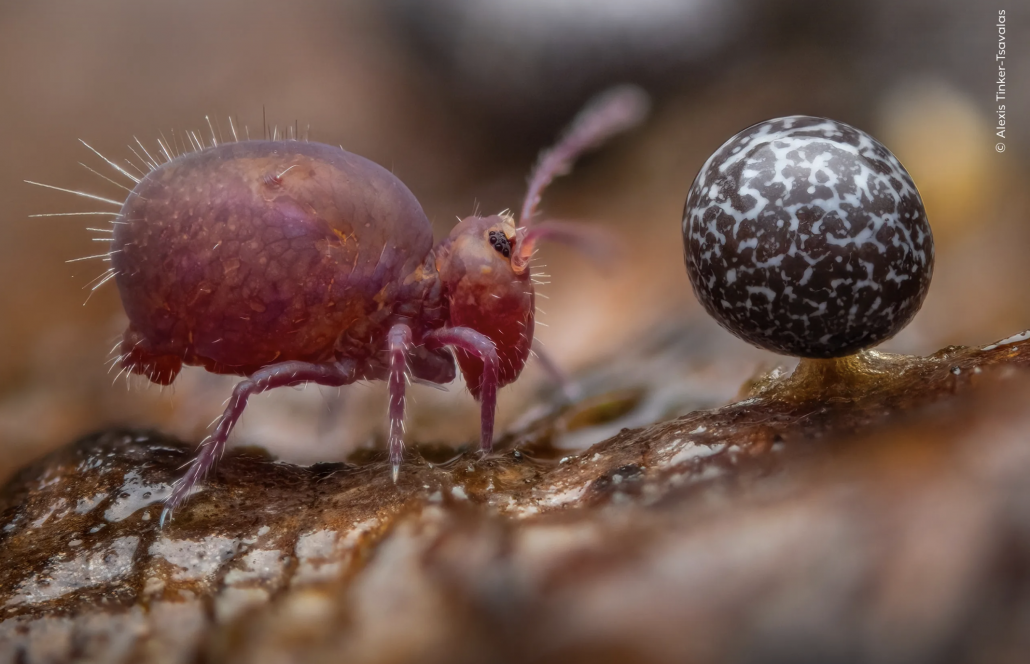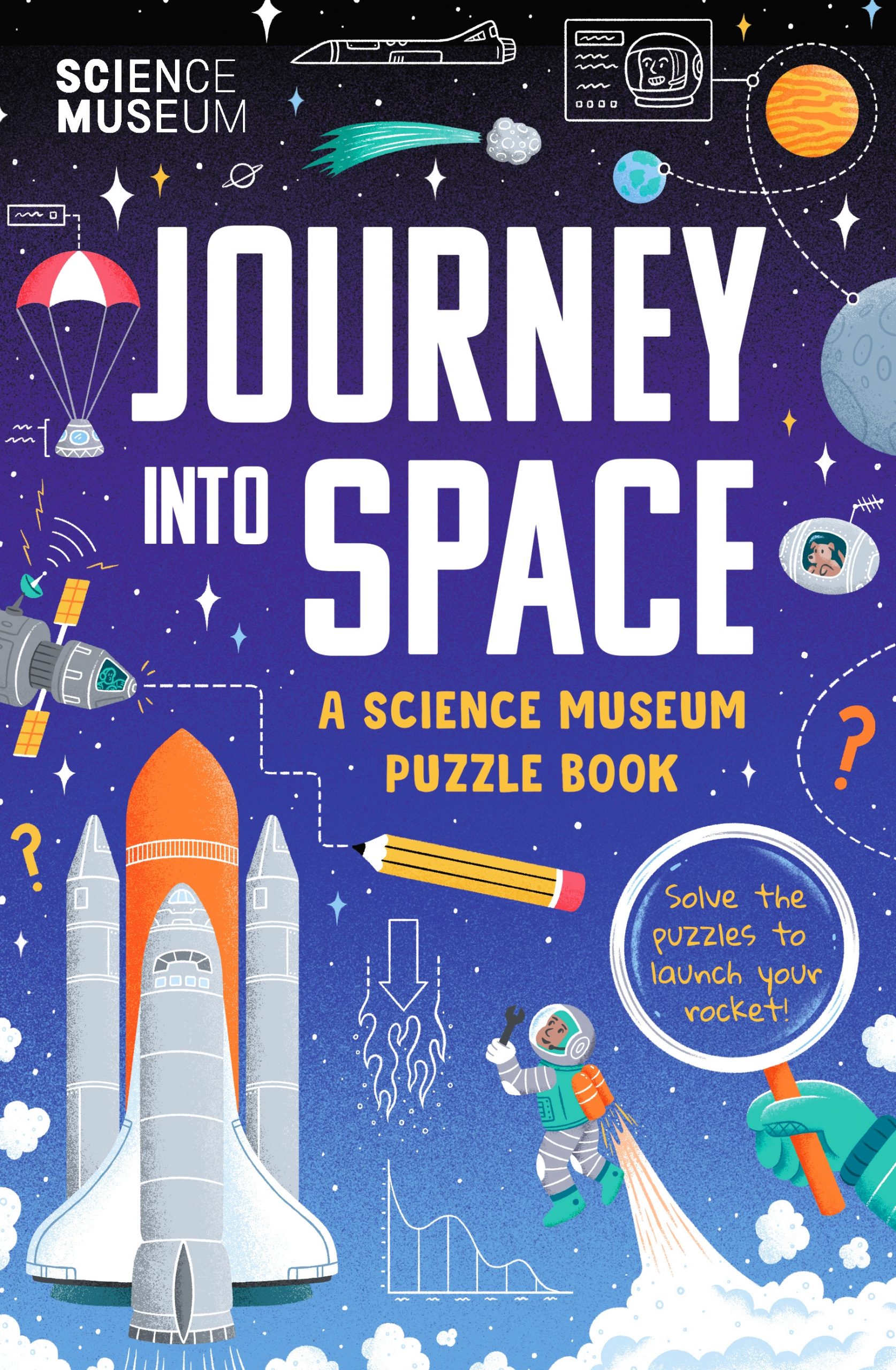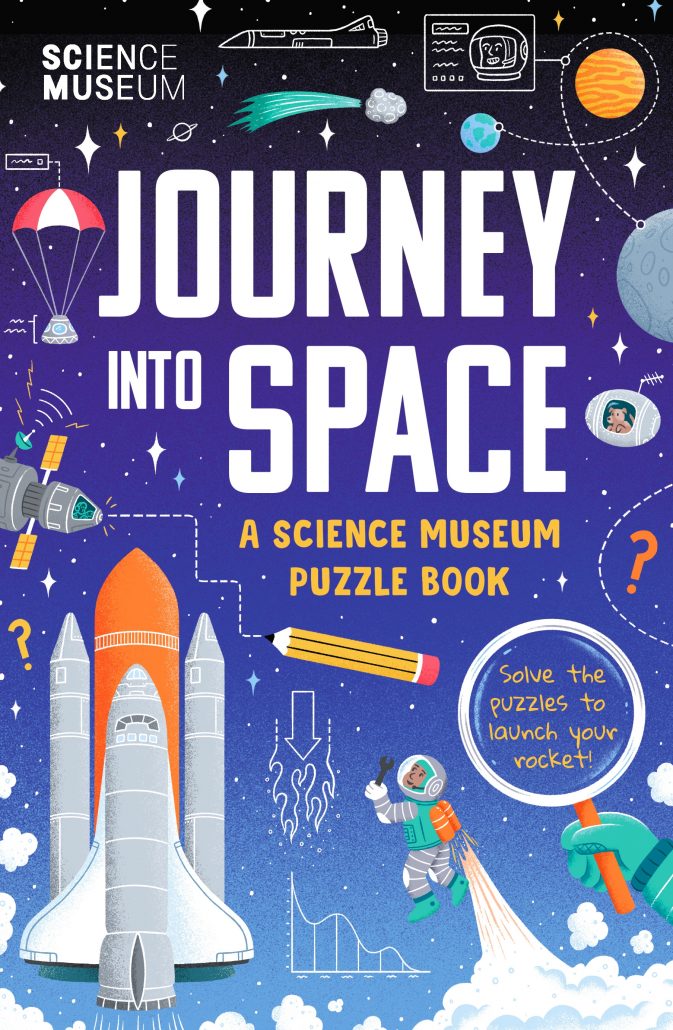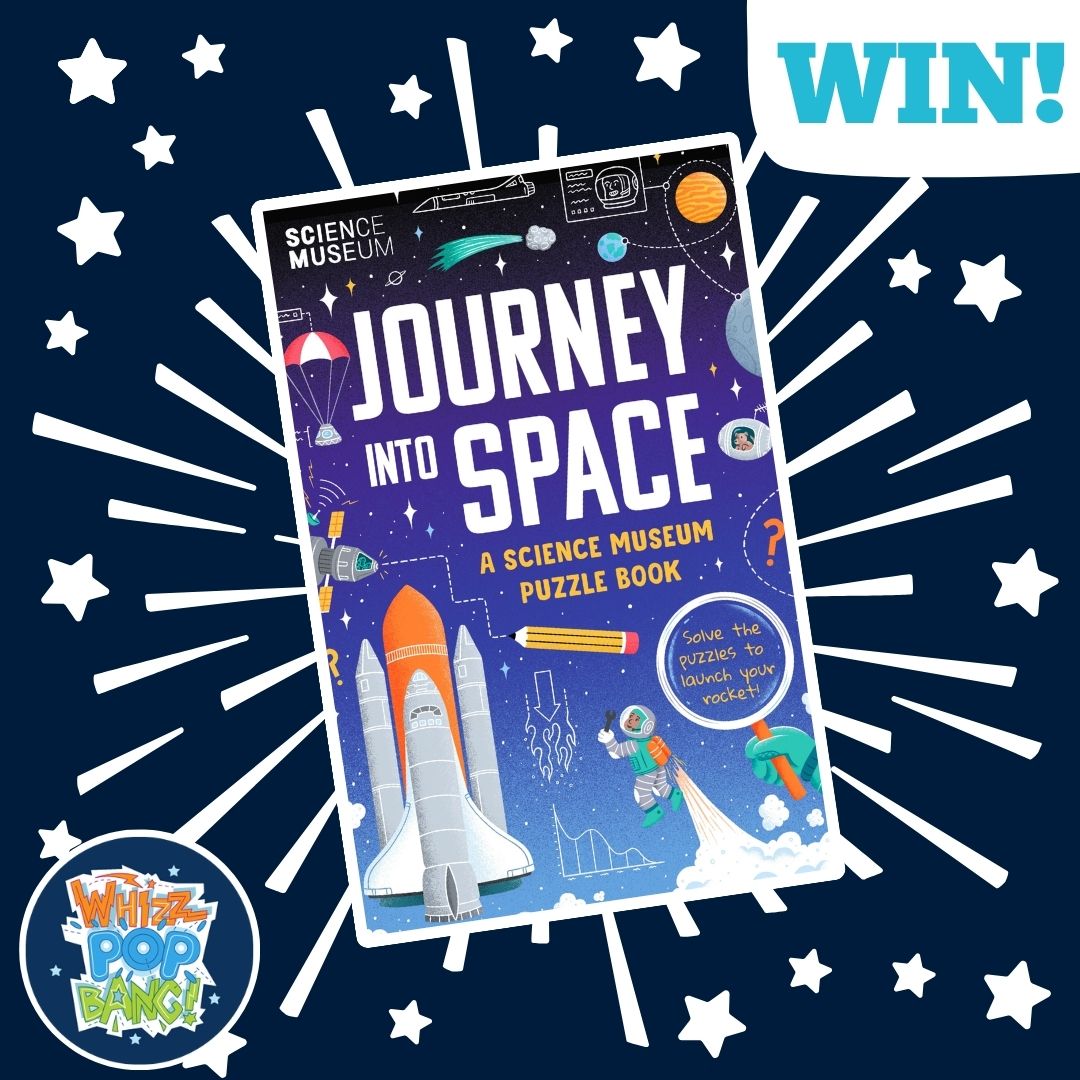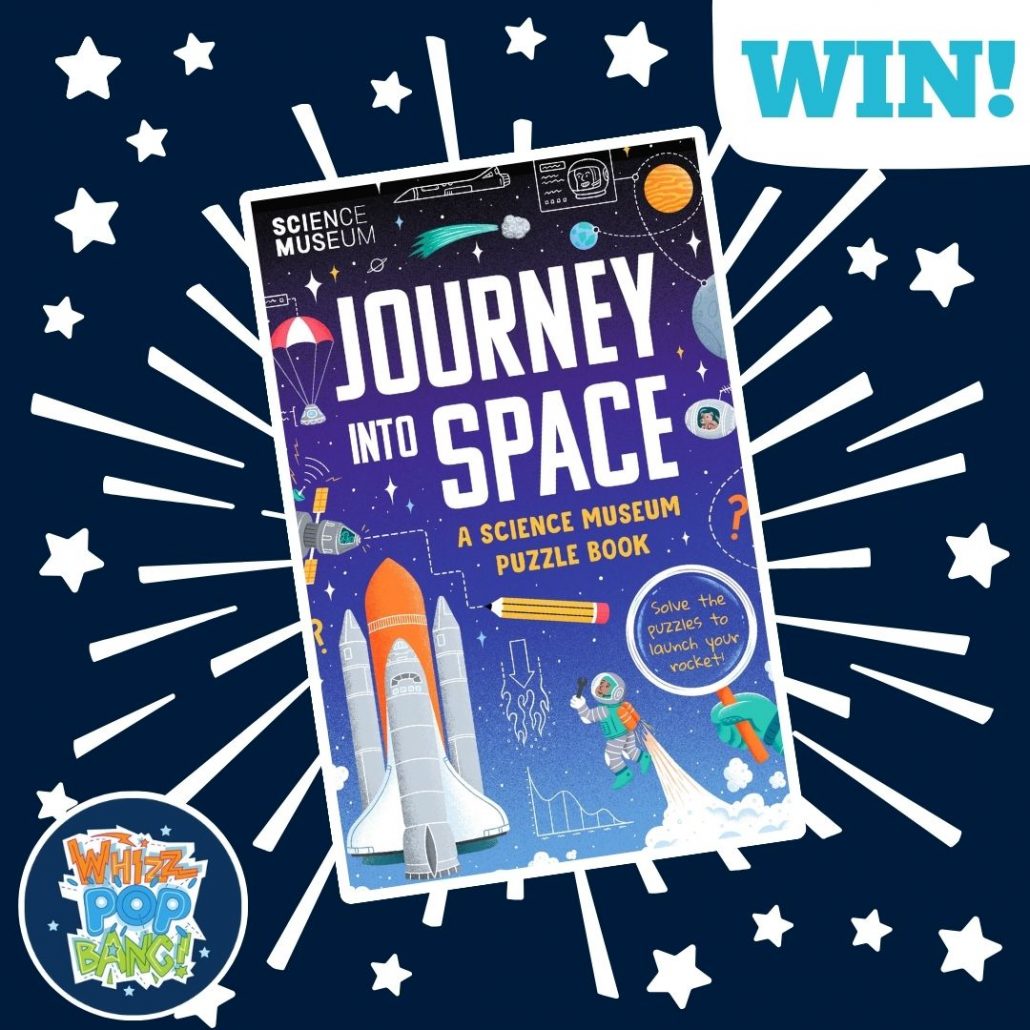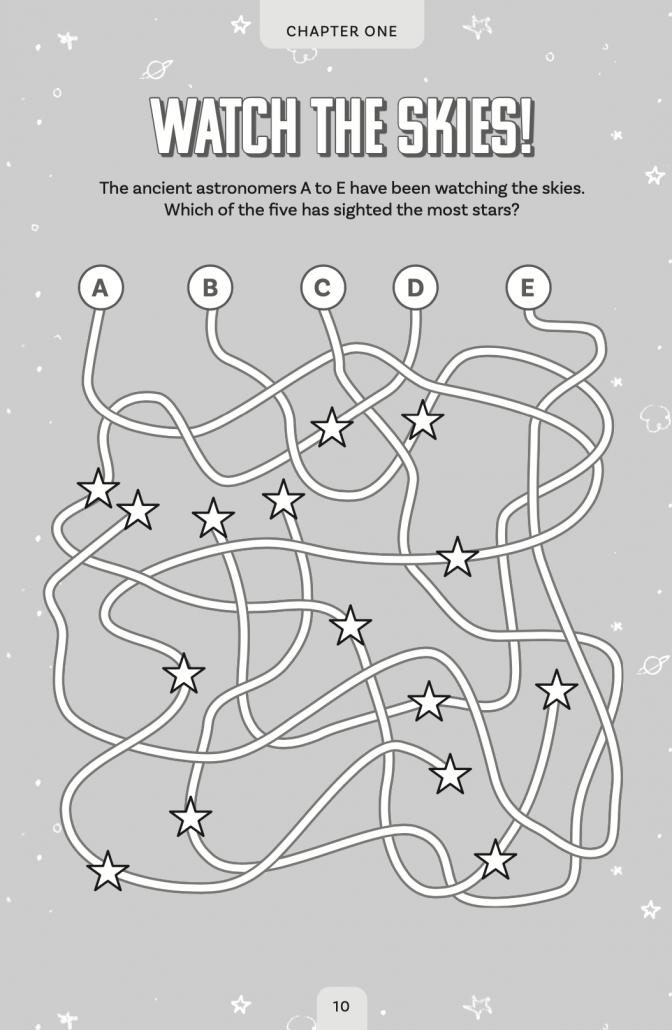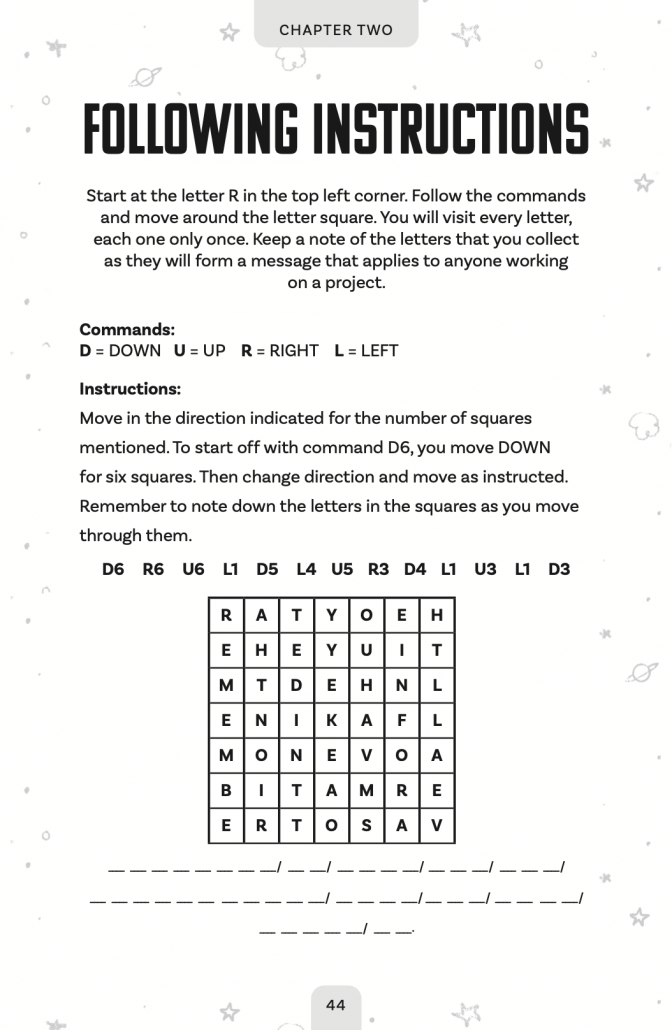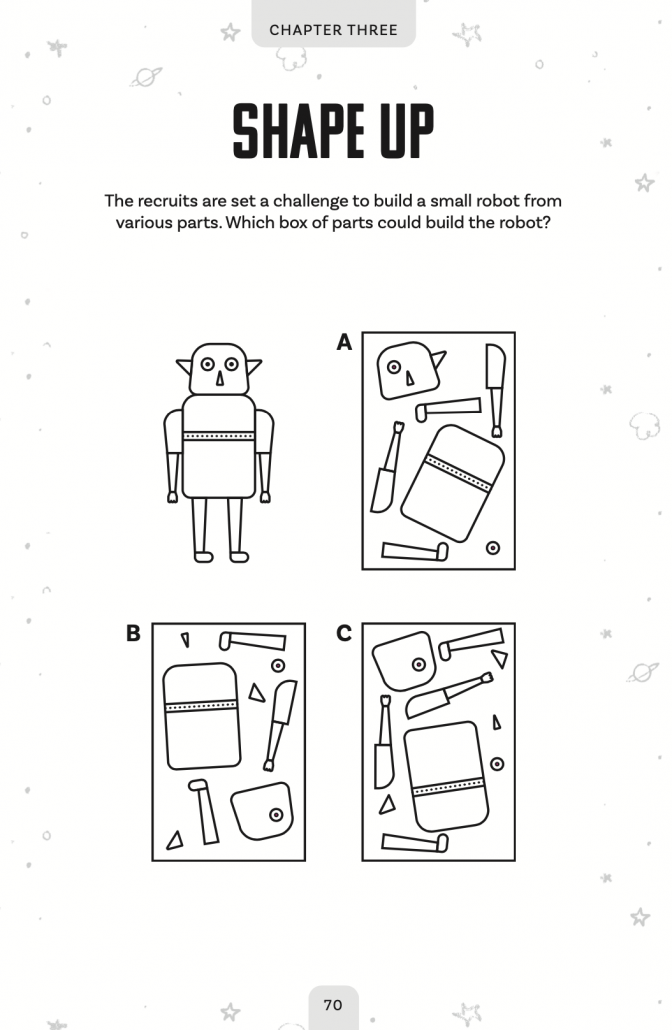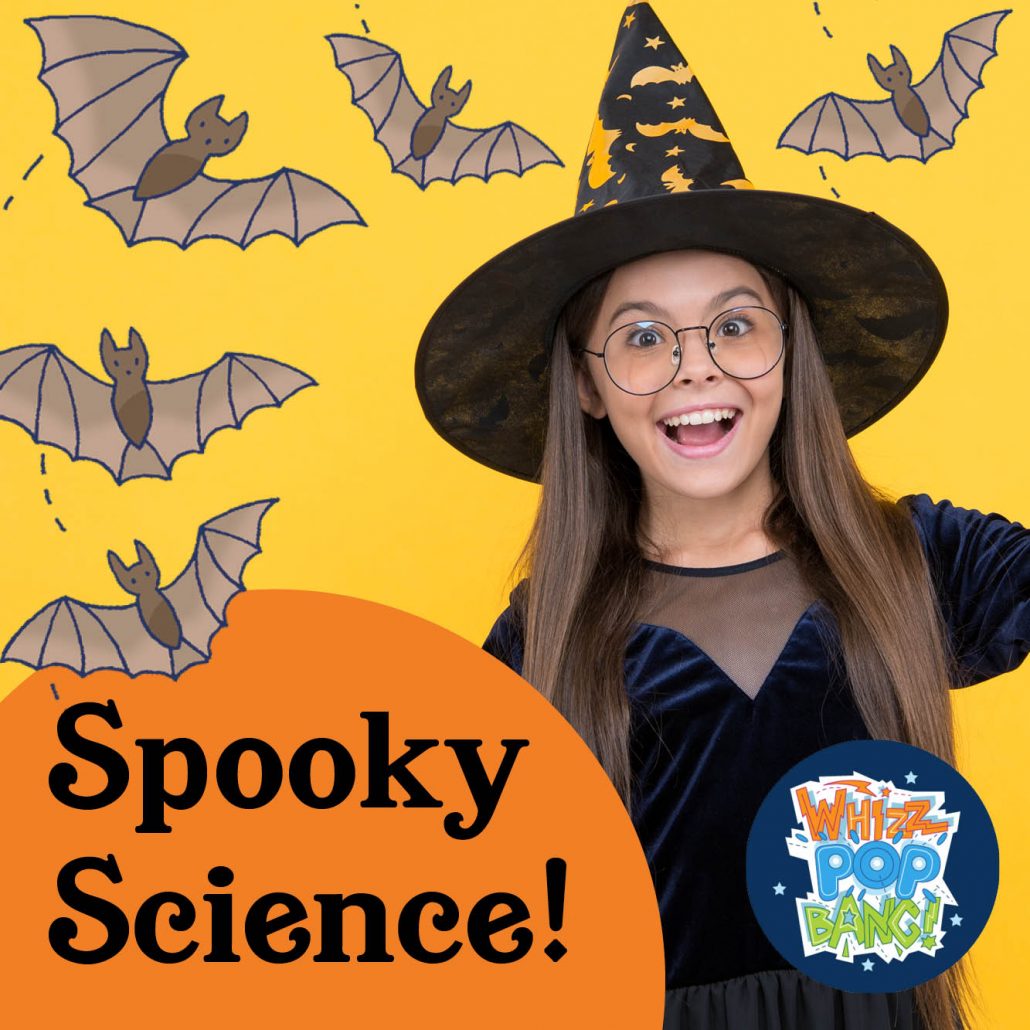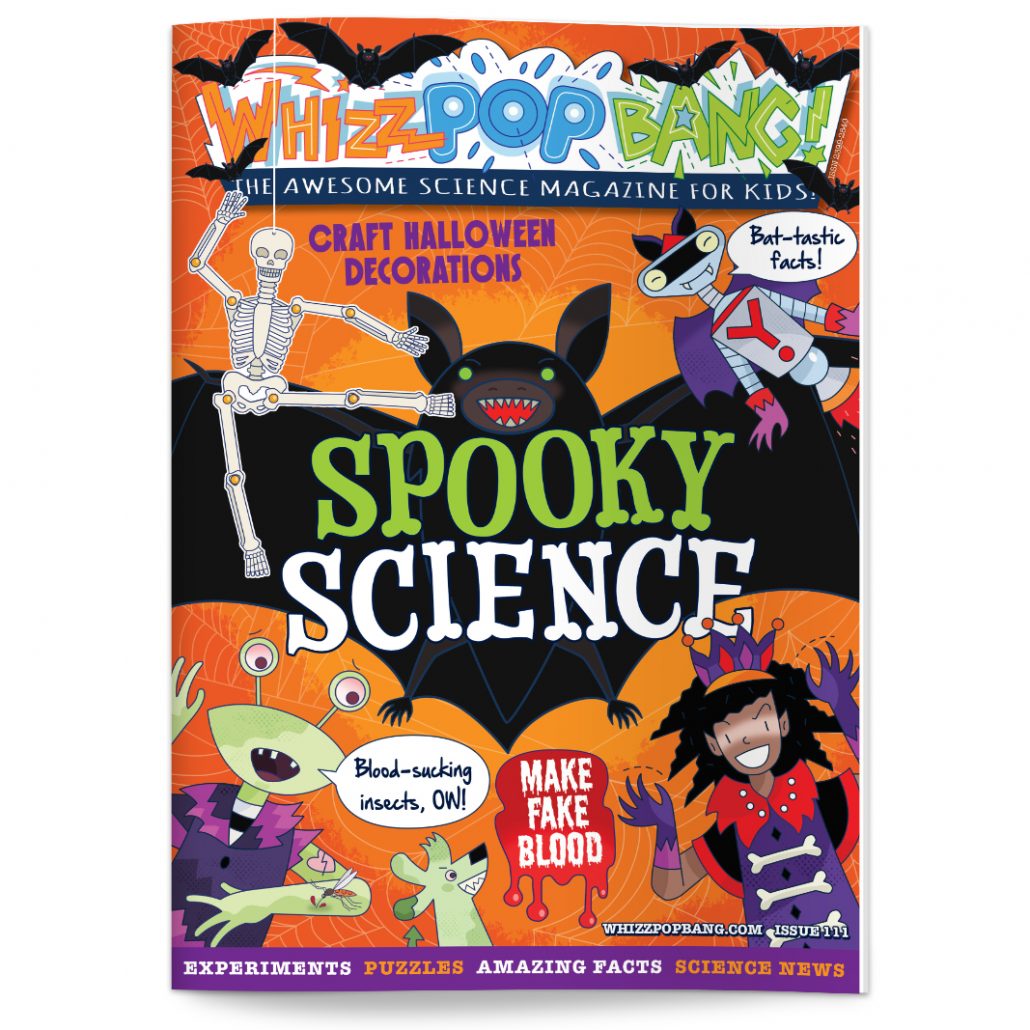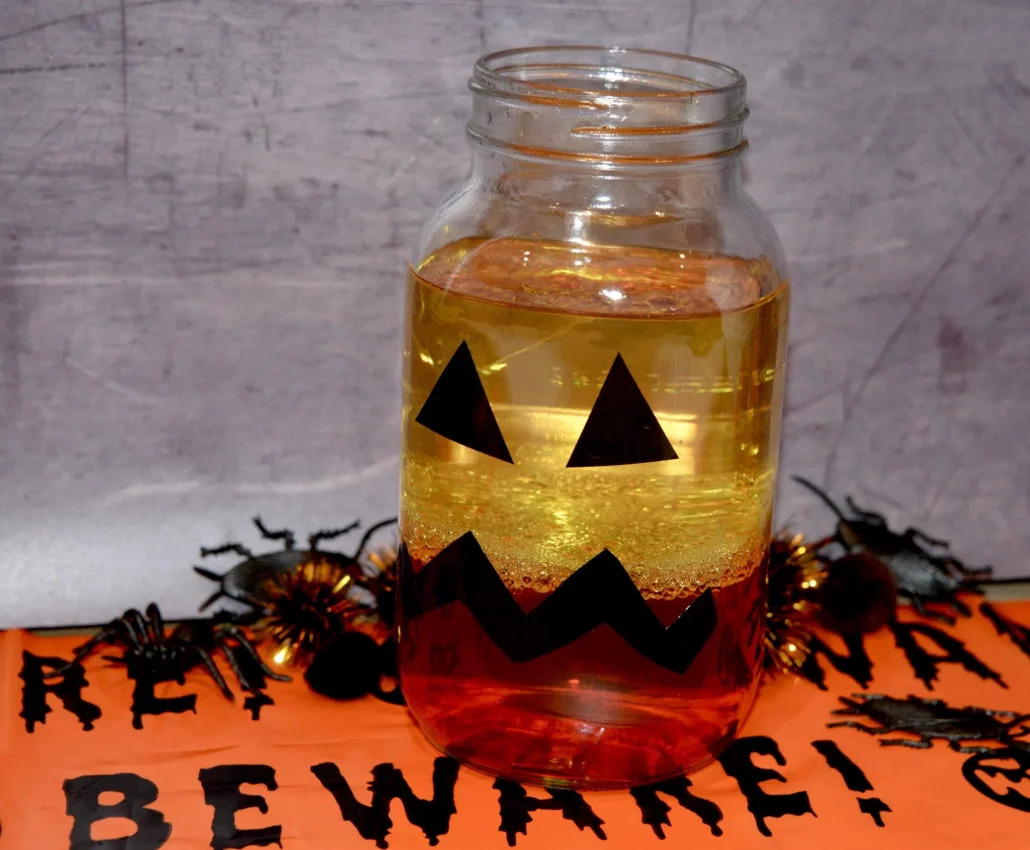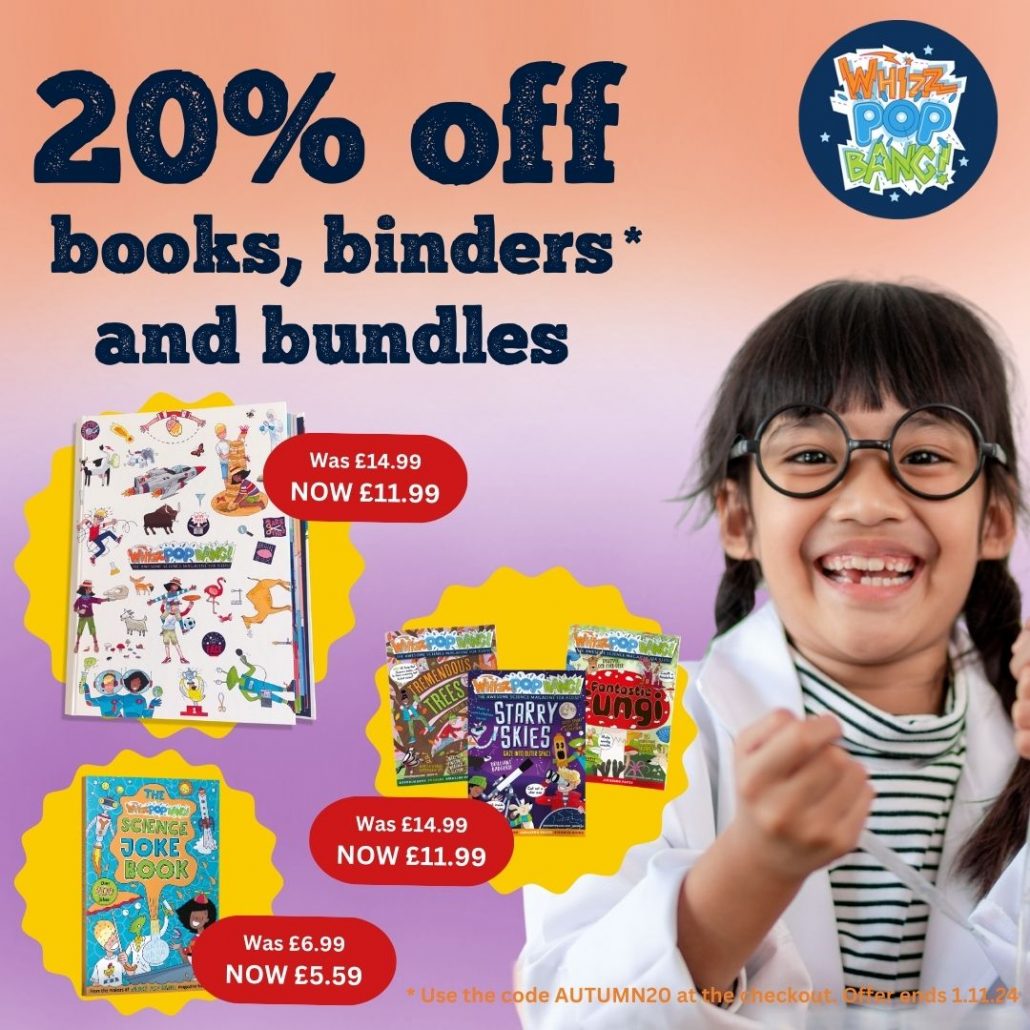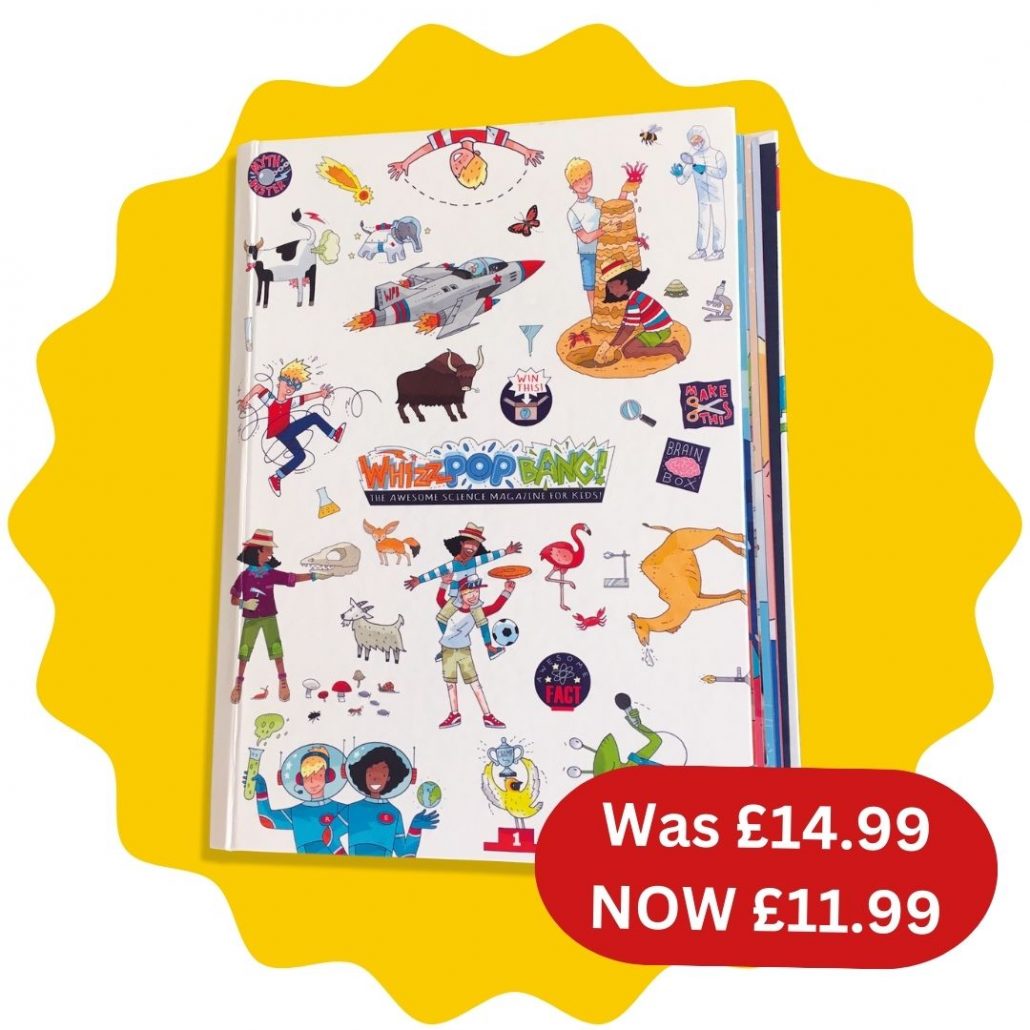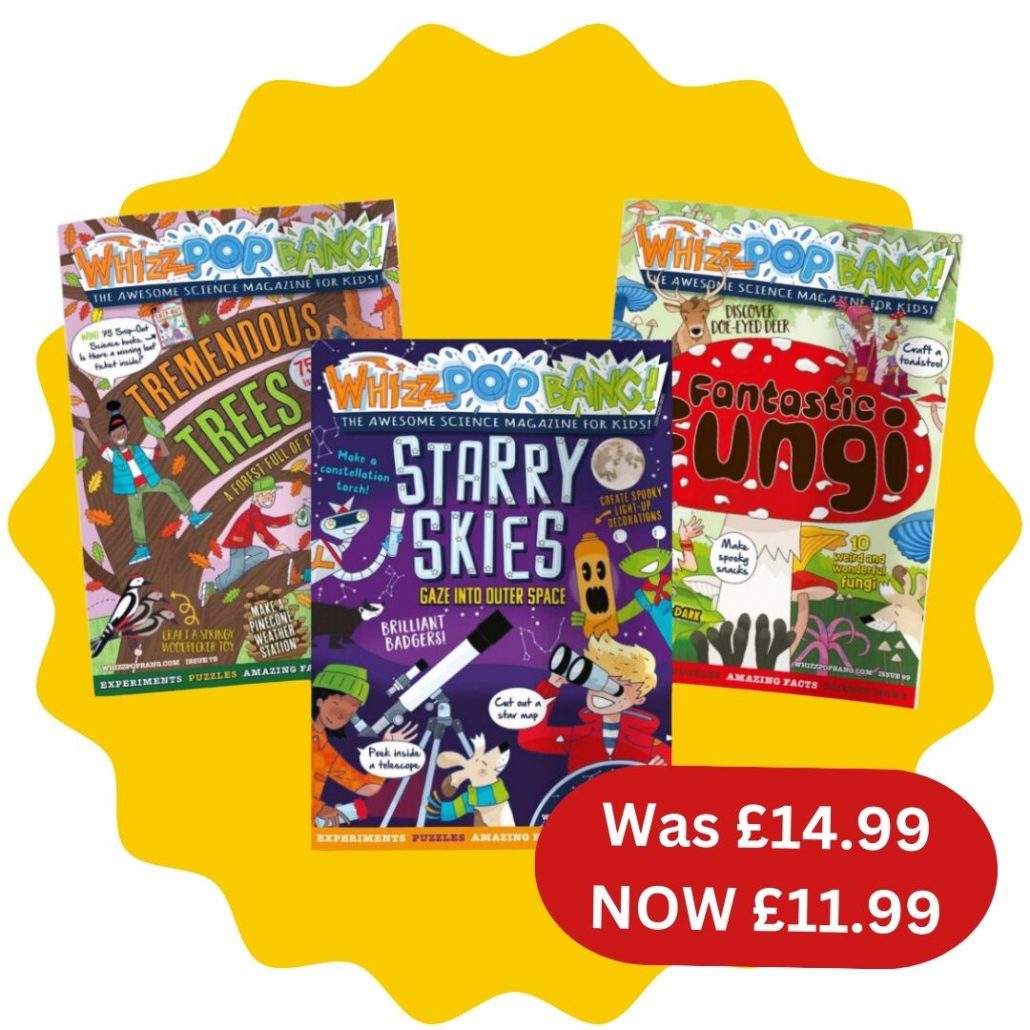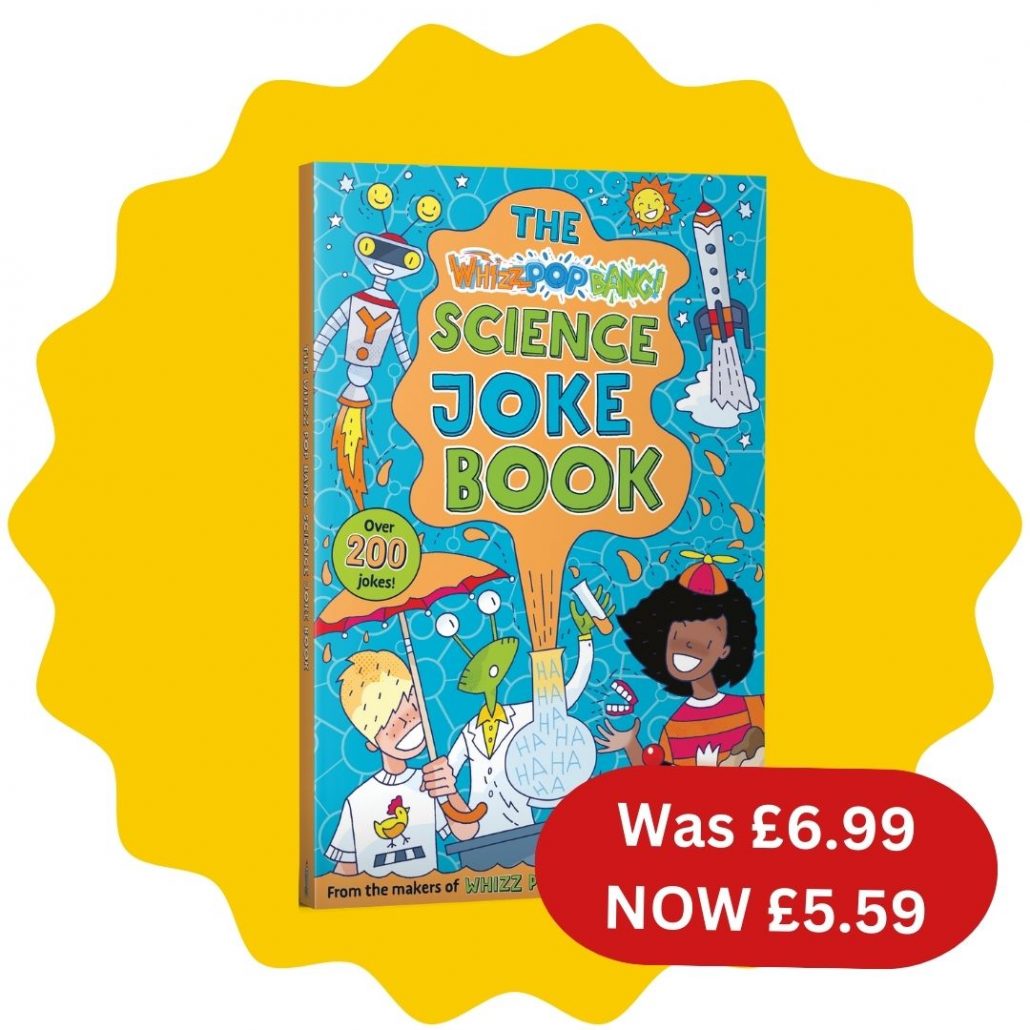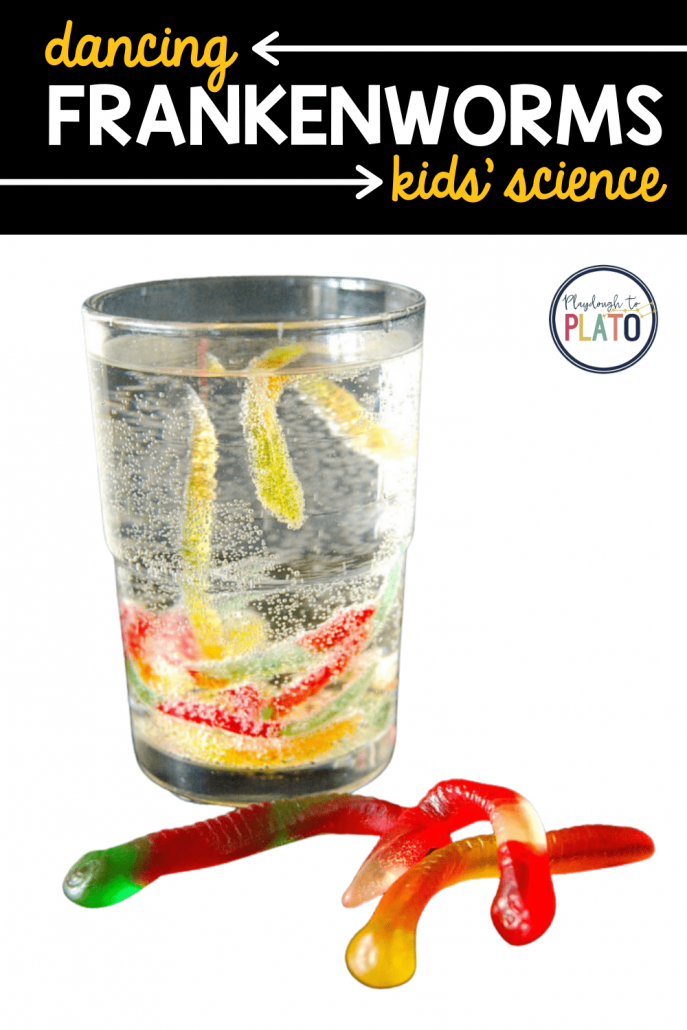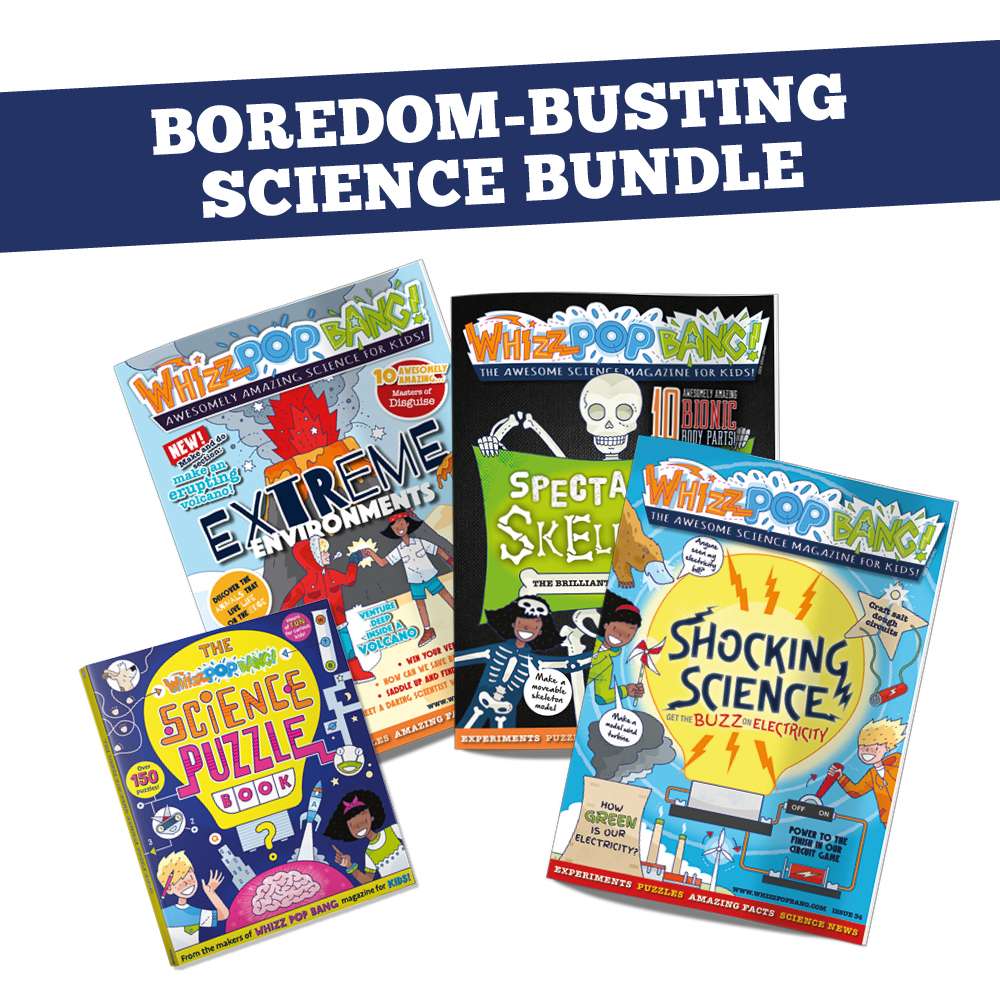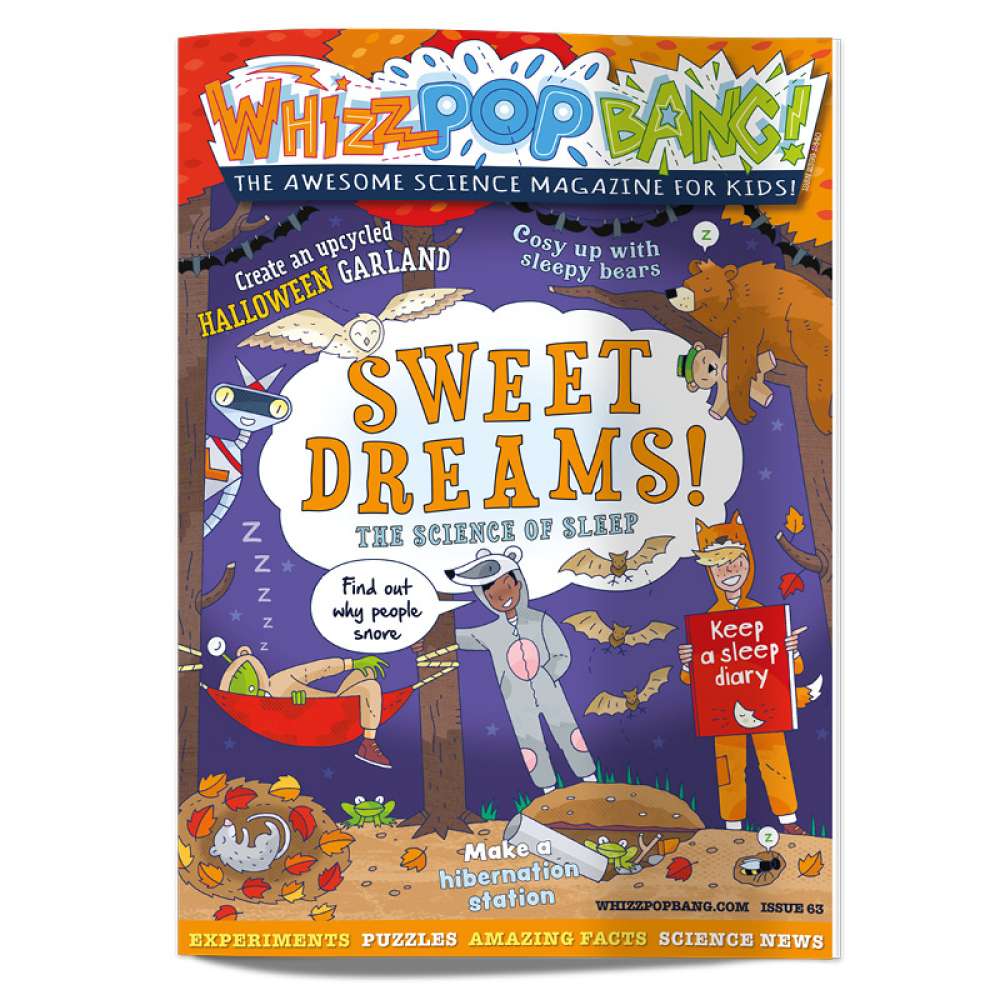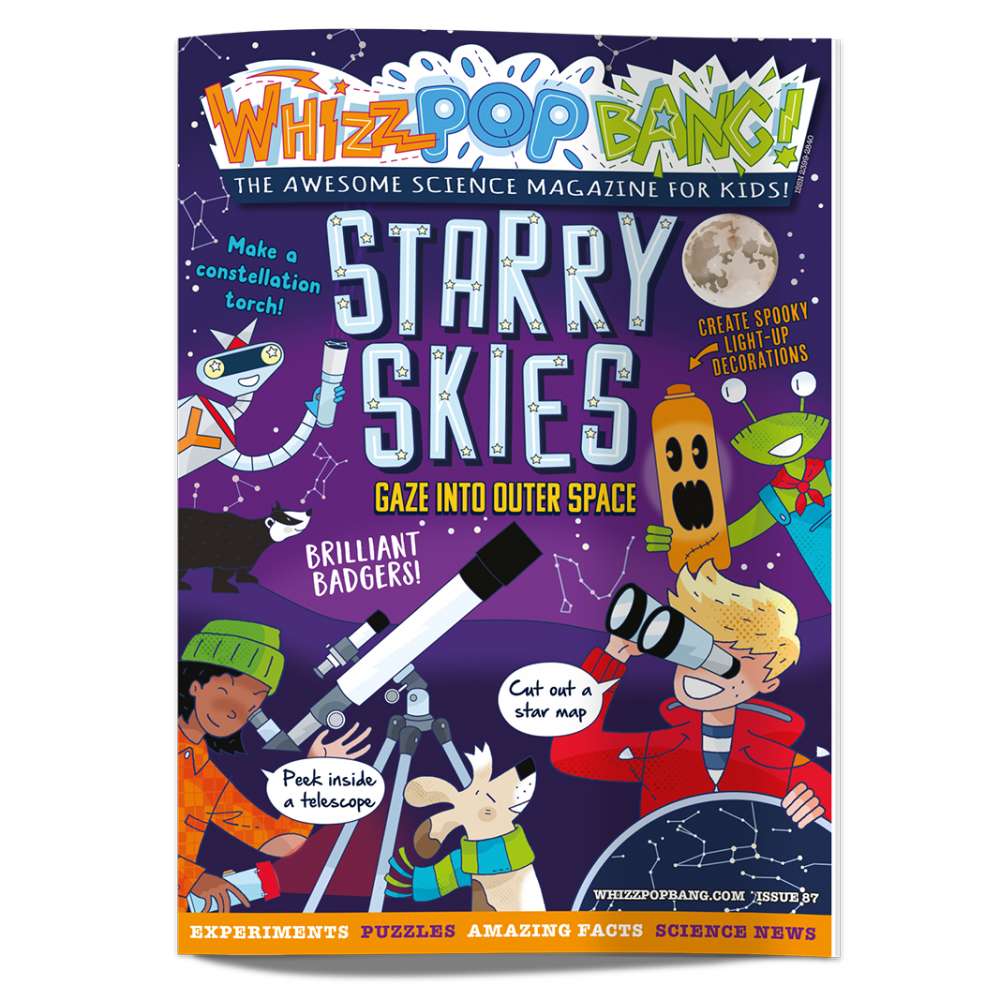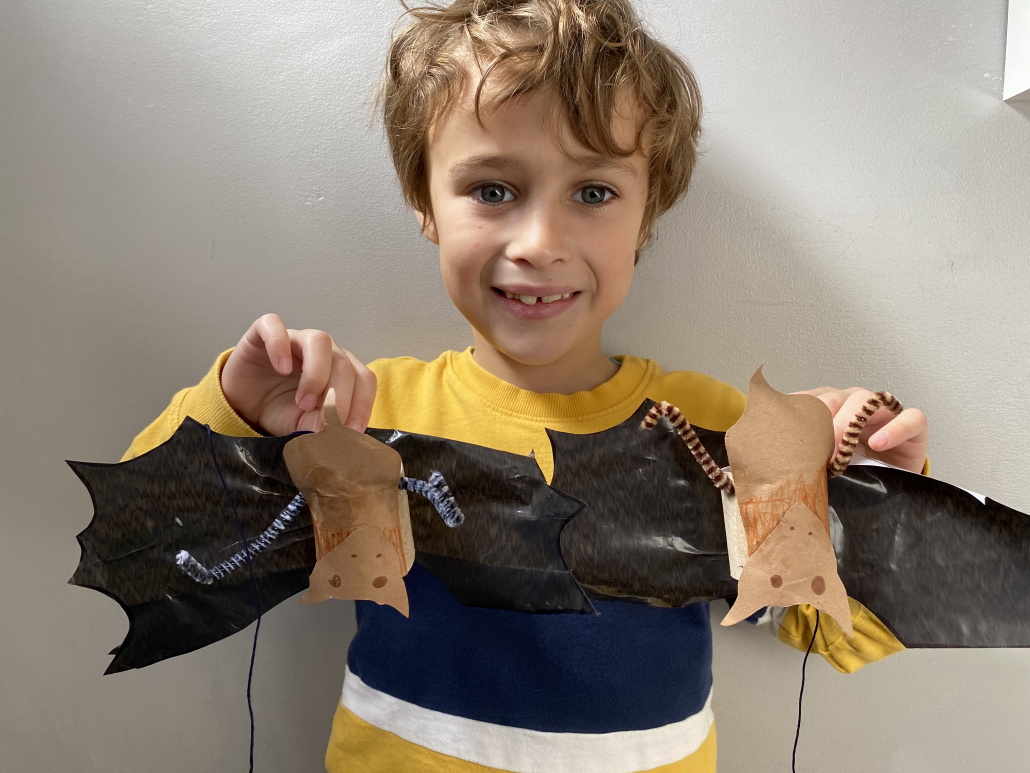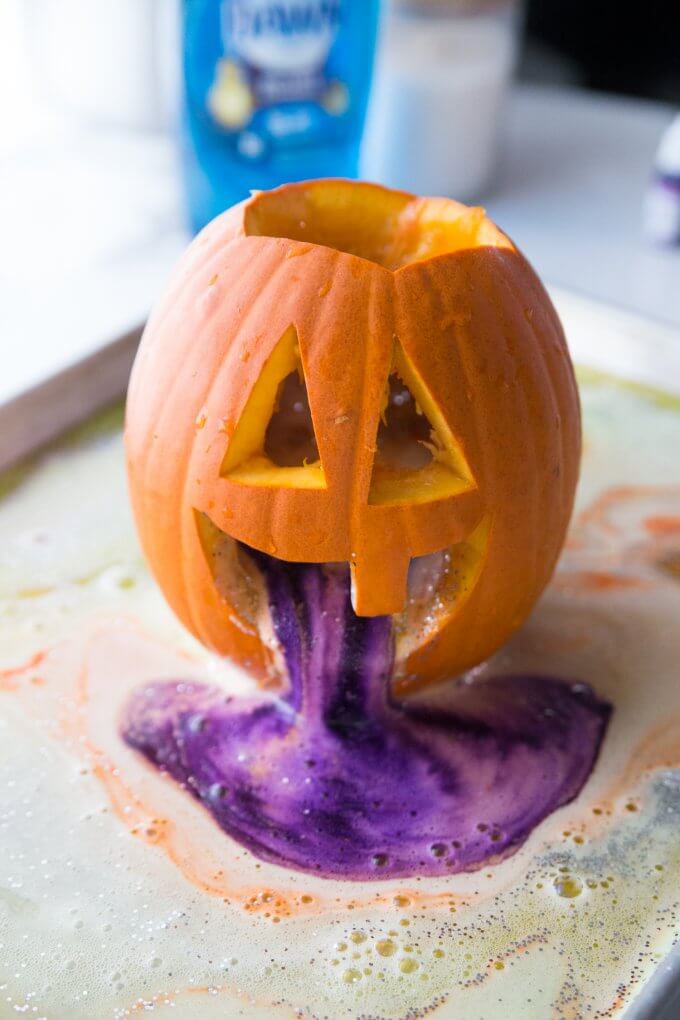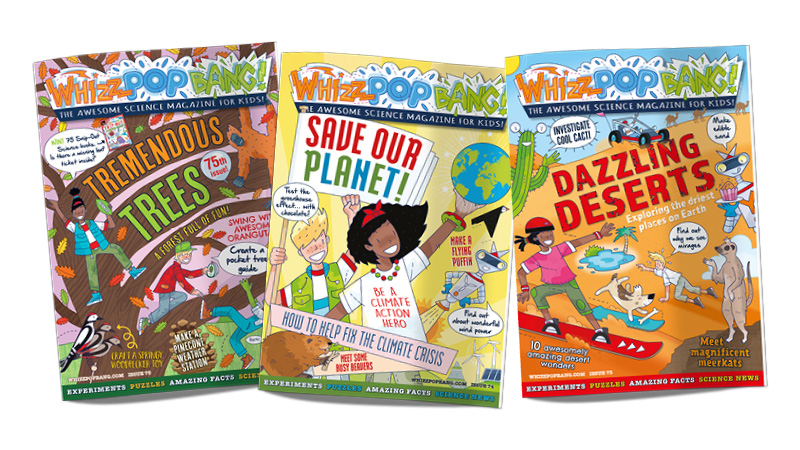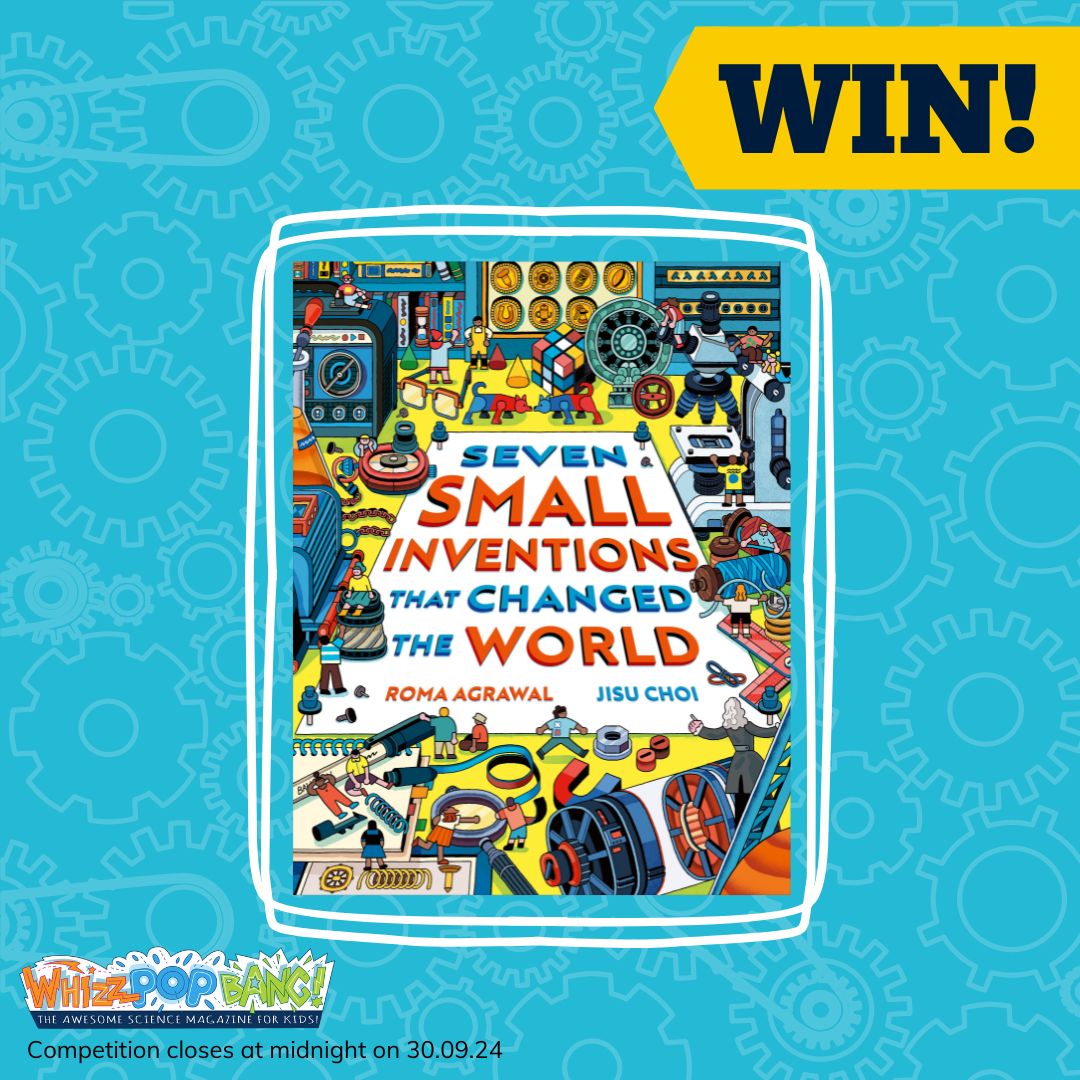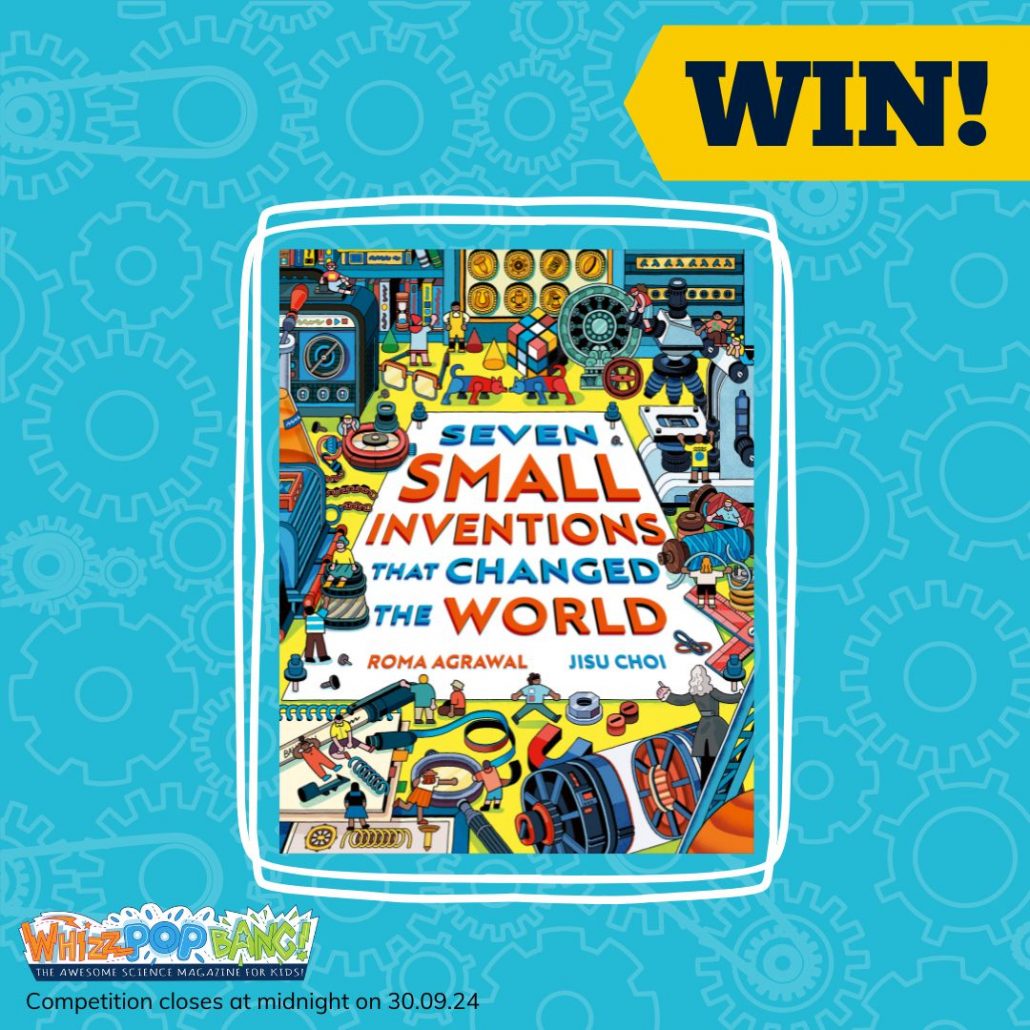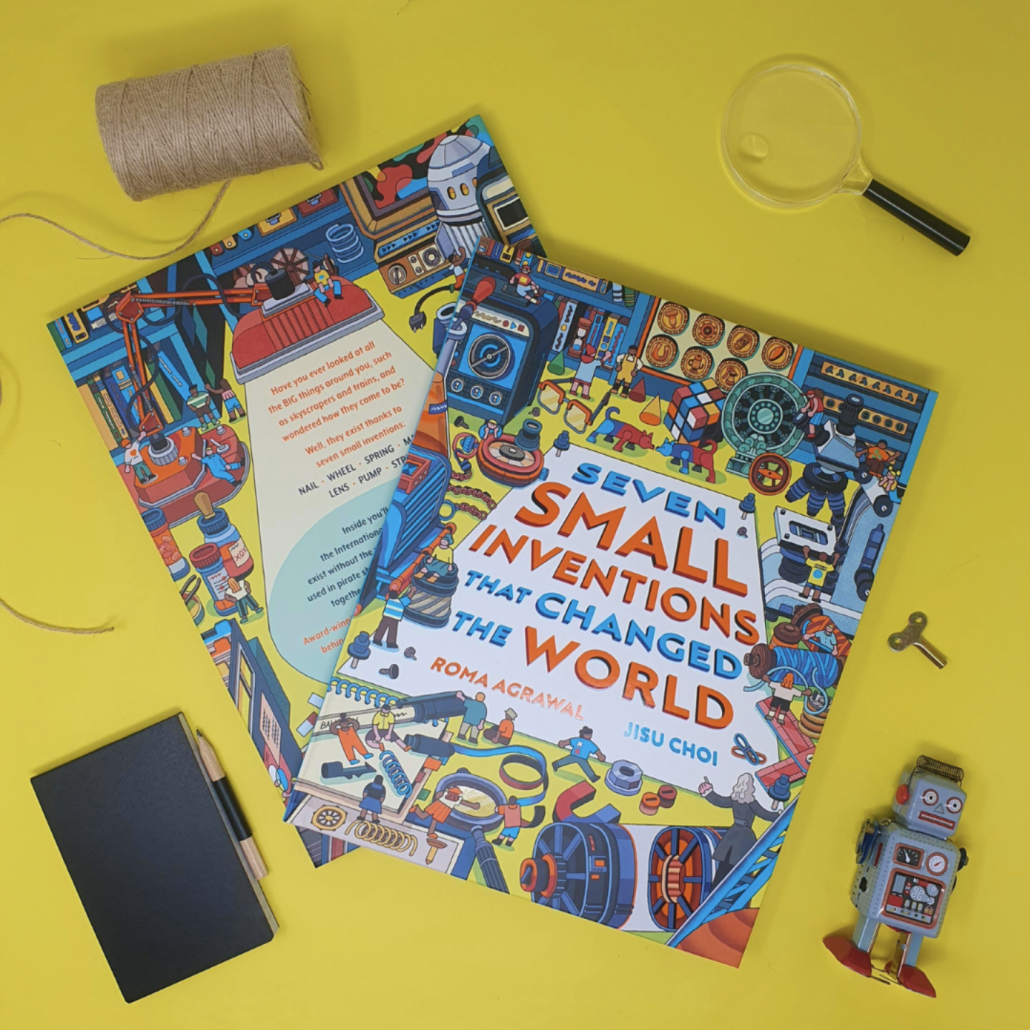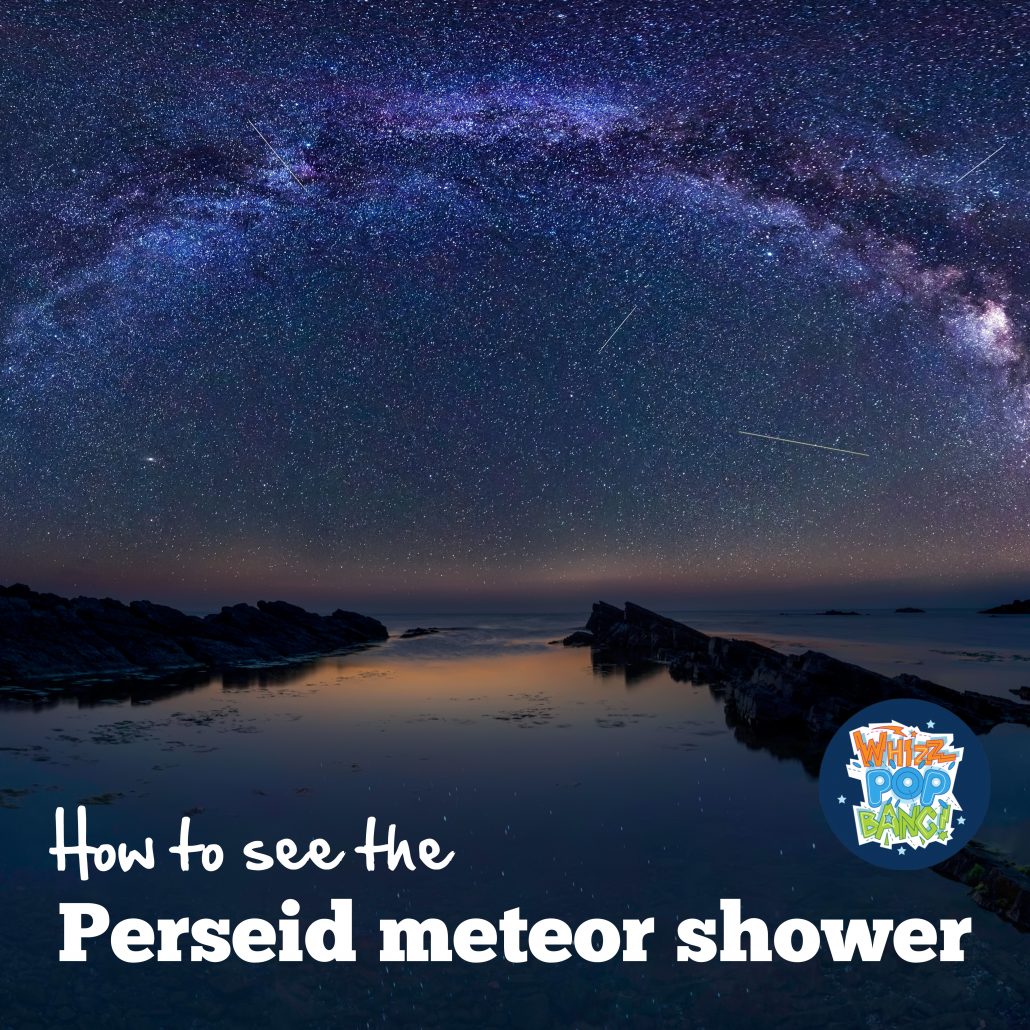Whether your child is an aspiring scientist, a creative thinker, or an outdoor adventurer, this gift guide is filled with engaging, educational, and fun ideas that inspire curiosity, creativity, and exploration. These gifts are perfect for hands-on play, learning, investigating and creativity.
If you’re interested in eco-friendly gifts, you’re covered – you’ll find plenty of presents here that are printed using only paper from FSC/PEFC certified suppliers. That’s Christmas, sorted!
For Scientists-in-Training (Aged 6-12)
Nurture their love of discovery with these hands-on science gifts that are both fun and educational. They’re perfect for children who love to explore new ideas, solve puzzles, and embark on imaginative journeys.
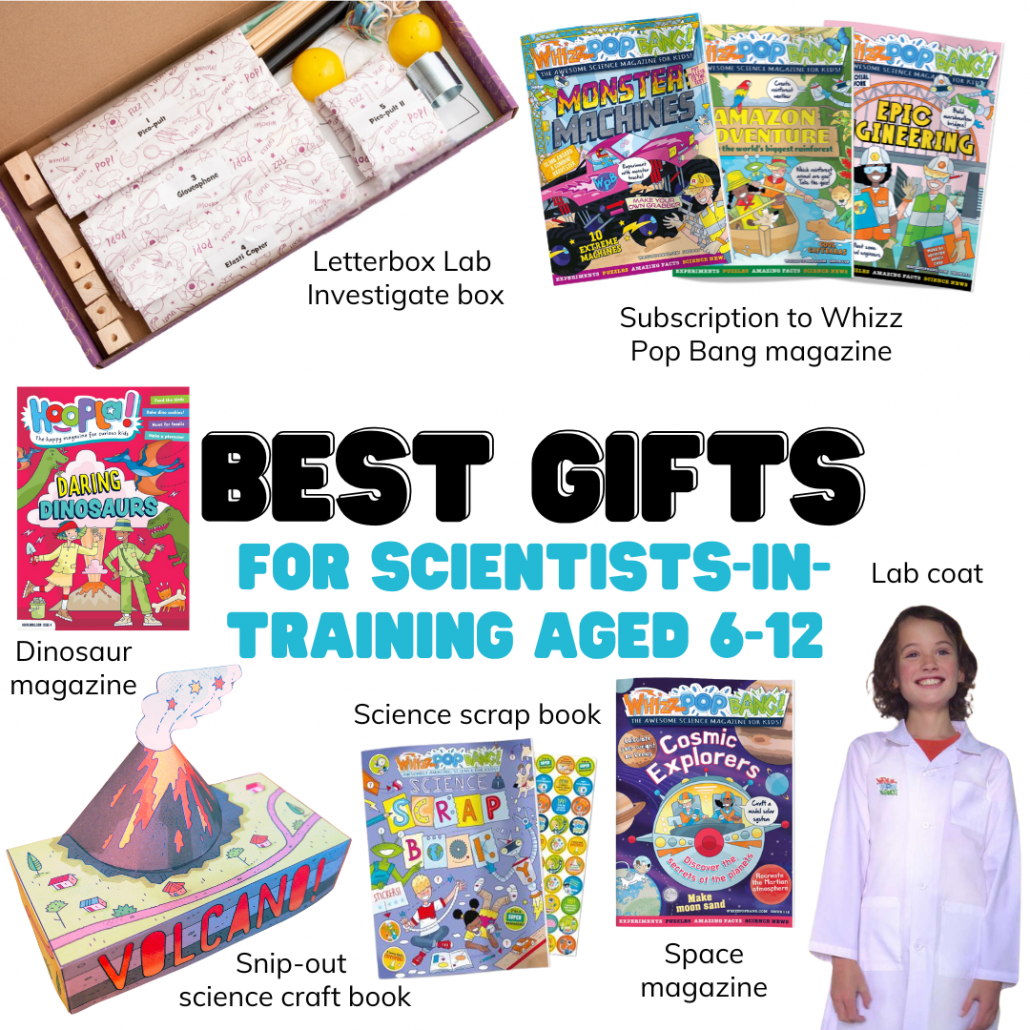
Letterbox Lab – The Explore Box
Suitable for explorers aged 6-12, each box is filled with exciting experiments that make science fun and accessible. All consumables needed for each experiment are included!
Letterbox Lab – The Investigate Box
More advanced experiments for kids aged 8-12 who are ready to dive deeper into science, delivered to your door every month.
Subscription to Whizz Pop Bang Magazine
A monthly magazine packed with experiments, facts, and activities for science enthusiasts.
Check out this amazing Christmas offer on subscriptions – get a FREE riddle book worth £6.99! Order by 19/12/24.
Hoopla: Daring Dinosaurs
Peer into the distant past to take a look at awesome dinosaurs! Find out how to hunt for fossils, and if you don’t spot any, you can make your own fossil replica! Craft a terrific pterosaur and bake some delicious dino cookies. Plus there are puzzles, jokes and a roar-some dine personality quiz to take!
Whizz Pop Bang Snip-Out Science Book
Craft paper volcanoes, flying machines and more with this book of hands-on projects that blend science, creativity, and fun.
Whizz Pop Bang Science Scrapbook
A creative space for young scientists to plan investigations and record results of experiments.
Space magazines
Explore the Sun, Moon, Mars and the stars in this epic collection of space-themed science magazines.
Lab coat
This science essential keeps clothes in tip-top condition during even the messiest experiments!
More Gifts We Love!
Dinosaur magazines
From prehistoric flying beasts to the story of extinction, Whizz Pop Bang’s back issue collection is full of fact-packed reads for any wannabe palaeontologist.
Whizz Pop Bang Joke Book
Get ready for some super science-y giggles, with over 200 hilarious jokes to get the whole family laughing out loud!
Subscription to Hoopla Magazine
A wonderful magazine for curious kids aged 4-9, filled with science, positivity, creativity, and wellbeing. A gift that keeps on giving with new inspiration every issue!
Check out this amazing Christmas offer on subscriptions – get a FREE magazine! Order by 19/12/24.
Hoopla: Secrets and Spies
Tiptoe into the world of secrets, spies and codes! Design a fantastic face mask to hide your identity, make your own cipher wheel, cook treats with hidden messages inside and solve some safe-cracking puzzles. Head outside to look for nature clues as you make a beautiful wristband, plus there are riddles, jokes and a colouring page to enjoy.
Whizz Pop Bang Riddle Book
Test their wit and problem-solving skills with this fun and engaging collection of over 150 tricky teasers.
Whizz Pop Bang Puzzle Book
Jam-packed with more than 150 brilliant brain-bending puzzles, all with a science twist! With so many puzzles to get stuck into, it’s sure to keep your child busy for hours and hours!
Hoopla: Treasure Hunt
Shine a light on glittering treasure! Grow your own edible crystals, craft a shining star and go on a treasure hunt! You can find out about shimmering goldfish and bake some delicious treats to give as a gift. Plus there are puzzles, jokes and a treasure-themed quiz.
Looking for gifts for curious explorers aged 4-9? Find a gift guide here!
